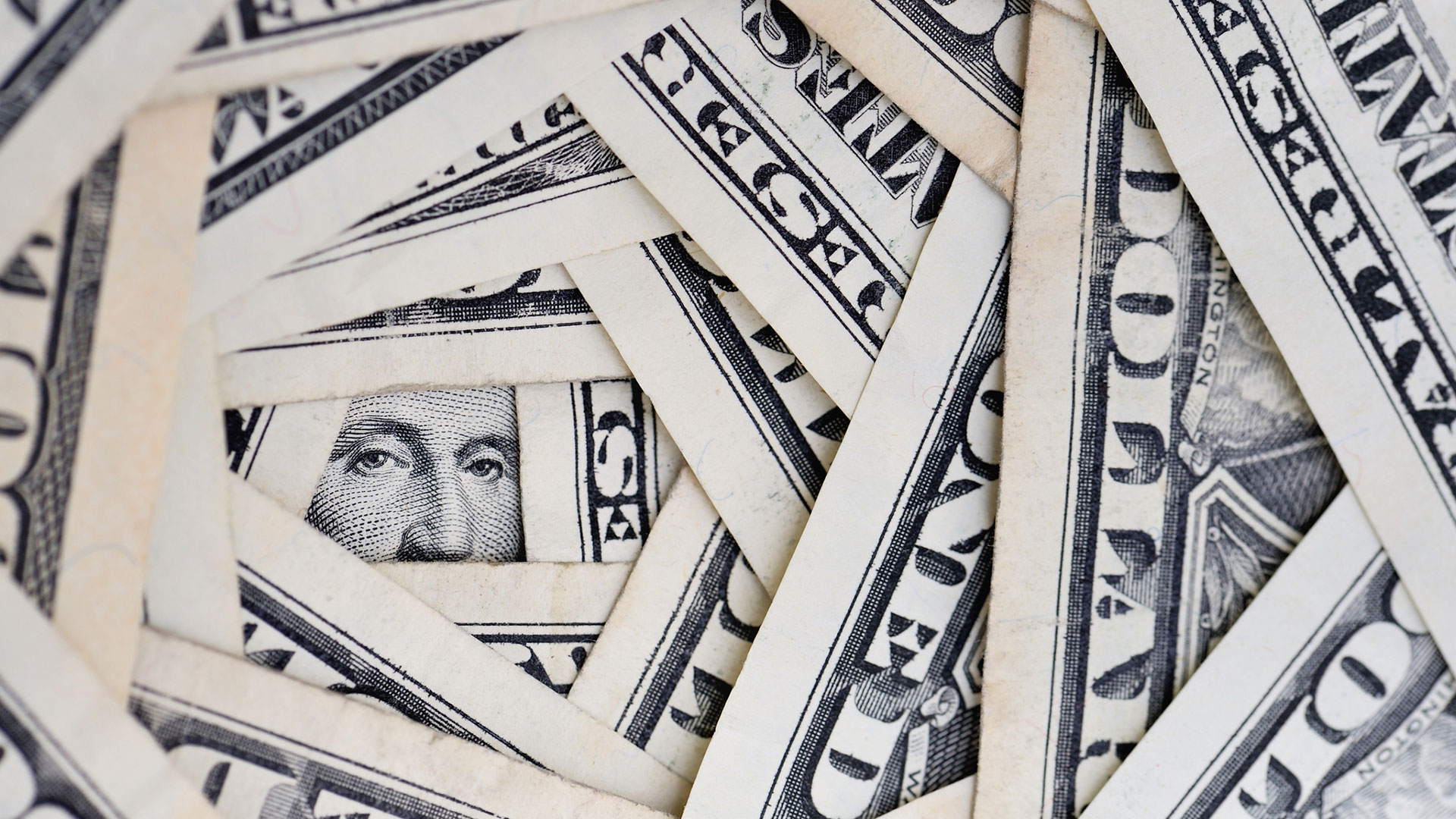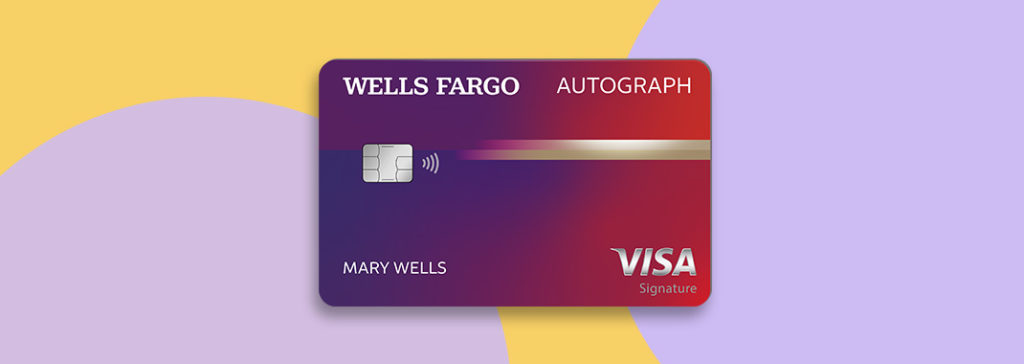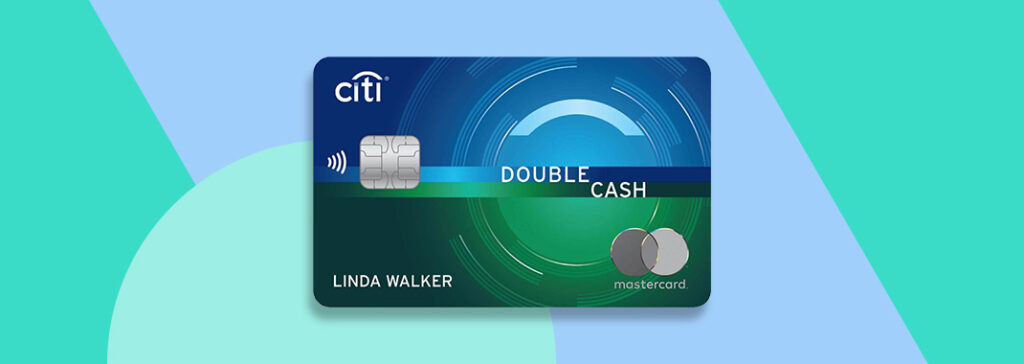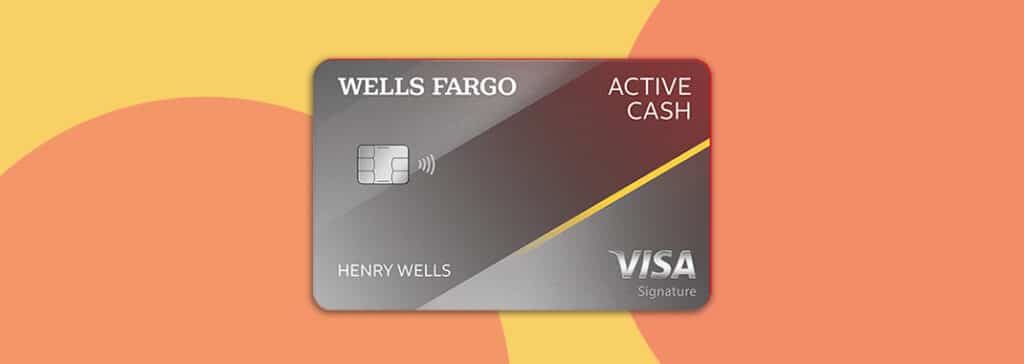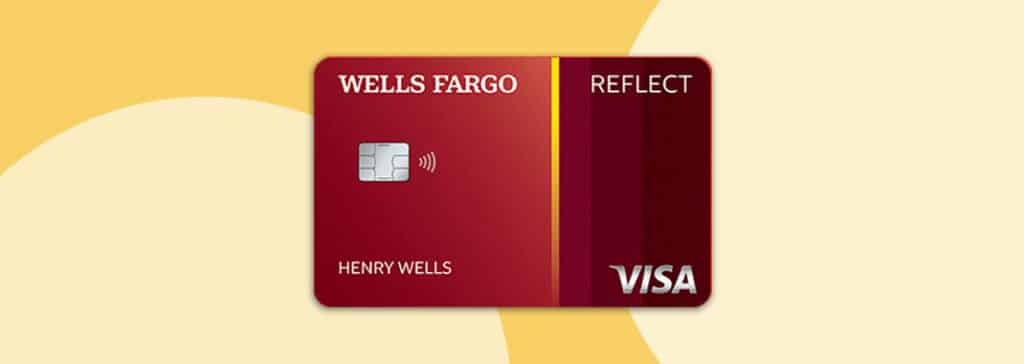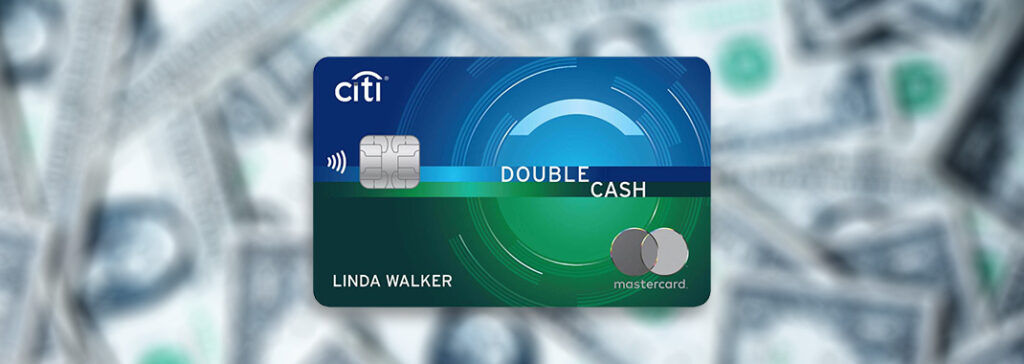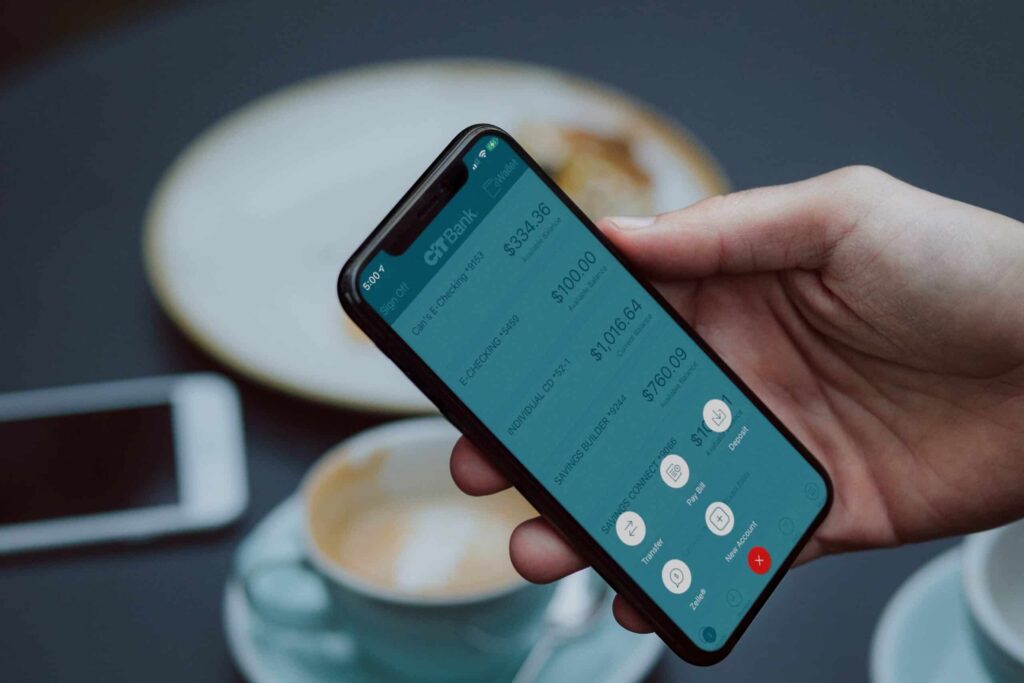Most products on this page are from partners who may compensate us. This may influence which products we write about and where and how they appear on the page. However, opinions expressed here are the author's alone, not those of any bank, credit card issuer, airline or hotel chain. This page may include information about American Express products currently unavailable on Slickdeals. American Express is not a partner of Slickdeals.
Certificates of deposit (CDs) have the potential to be a good addition to your cash investment strategy. Since CDs tend to earn interest at a higher rate than the average savings account, these deposit accounts can make a good temporary home for your savings.
Once you decide to look into these low-risk savings vehicles, the next step will be to find the best CDs for your savings goals. While there are clear benefits to both short-term and long-term CDs, current advice from economic experts suggests that currently, short-term CDs are likely to be a safer choice than long-term CDs at this point in time.
Read on to learn how Fed rate hikes can influence CD rates and why you'll want to consider these details when you're deciding between a short-term or a long-term CD.
Why Today's Experts Recommend Short-Term CDs
Traditionally, Banks tend to offer higher annual percentage yields (APYs) for long-term CDs. The reasoning behind this is that if you agree to leave your cash in a CD for a lengthier period, you can earn a higher interest rate on your savings.
However, at present numerous experts recommend leaning toward short-term CDs rather than long-term CDs due to the possibility of further interest rate increases from the Federal Reserve.
Inflation has hit record numbers in 2022 with Americans facing higher prices on everything from gas and groceries to rent and insurance. In an effort to curb inflation, the Federal Reserve (aka the Fed) has raised its benchmark interest rate (aka the federal funds rate) six times so far in 2022 (as of November). After the latest rate increase, Fed Chair Jerome Powell indicated that future rate increases may be still coming.
While CD interest rates are not directly tied to the federal funds rate, when the federal funds rate goes up, banks tend to increase the rates they offer customers on CDs, savings accounts, high-yield savings accounts, money market accounts and more.
The Fed has announced that future interest rate increases are likely on the horizon. Many economic experts agree. So, there's a good chance that interest rates on CDs may increase in the future too.
By opting for a long-term CD, you might get stuck with a fixed-rate APY that doesn't remain competitive as the Fed continues to increase interest rates. For example, if you agree to a five-year CD now but more attractive interest rates become available in the coming months, you could miss out on potential interest earnings over the next several years.
Saving in Uncertain Times
To get the full potential value out of a CD, you must agree to leave the funds you deposit in the account alone for a set period of time, as is dictated by the CD's term length.
If you make an early withdrawal before your CD reaches maturity, your bank might charge you an early withdrawal penalty. The fee could offset (and sometimes wipe out) your interest earnings. In extreme cases, you could actually end up losing money due to early withdrawal fees. This defeats the purpose of using a CD in the first place.
One of the first details you need to consider when you're deciding on the type of CD to open is how soon you will need to access the funds. If you're saving for a bigger goal that will take you several years to reach, then a long-term CD could be a good option. But if you need the ability to withdraw the funds sooner, a short-term or no-penalty CD might be more appropriate for your needs.
It's also wise to think about whether you can definitely go without the money you're placing in your CD for the duration of its term length. If you feel like you'll need to dip into it in the event of an emergency, you might be better off considering a no-penalty CD, as these allow you to make full or limited withdrawals without penalty.
Recommended No-Penalty CD
CIT Bank No-Penalty Certificate of Deposit
- Our Rating 4.5/5 How our ratings work
- Minimum
Deposit Required$1,000 - 11-Month APY3.25%
APY — Annual Percentage Yield is accurate as of November 20, 2025. $1,000 minimum to open the account.
CIT Bank's No-Penalty CD offers one of the most competitive rates with no early withdrawal penalty on the market. With this account, you can earn a 3.25% APY, and the CD matures in just 11 months, which is shorter than average.
Overview
The CIT Bank No-Penalty CD offers a 3.25% APY, which may be ideal for people who want both flexibility and a higher interest rate.
Pros
- Strong APY for a no-penalty CD
- No opening or maintenance fees
Cons
- Relatively high minimum opening balance
Current CD Rates
The APY you earn on a certificate of deposit can vary widely. Below are the major factors that can influence your interest rate:
- Financial Institution: Online banks and credit unions tend to offer the highest APYs.
- CD Type: e.g., jumbo CD, no-penalty CD, etc.
- Term Length: As mentioned above, long-term CDs typically (but not always) feature better rates than shorter ones. Make sure you consider all of a bank's maturities before deciding which is best for you.
- Minimum Deposit Requirements: Often, CDs with higher minimum deposit requirements will yield better APYs.
At the time of writing, interest rates on CDs from some of the best online banks in the country range from around 3.00% to over 4.00%. In general, you have to take out a long-term CD (often for three years or longer) if you hope to find an APY at the higher end of that range. However, some banks – like CIT Bank – are offering attractive rates on CDs with term lengths of less than two years.
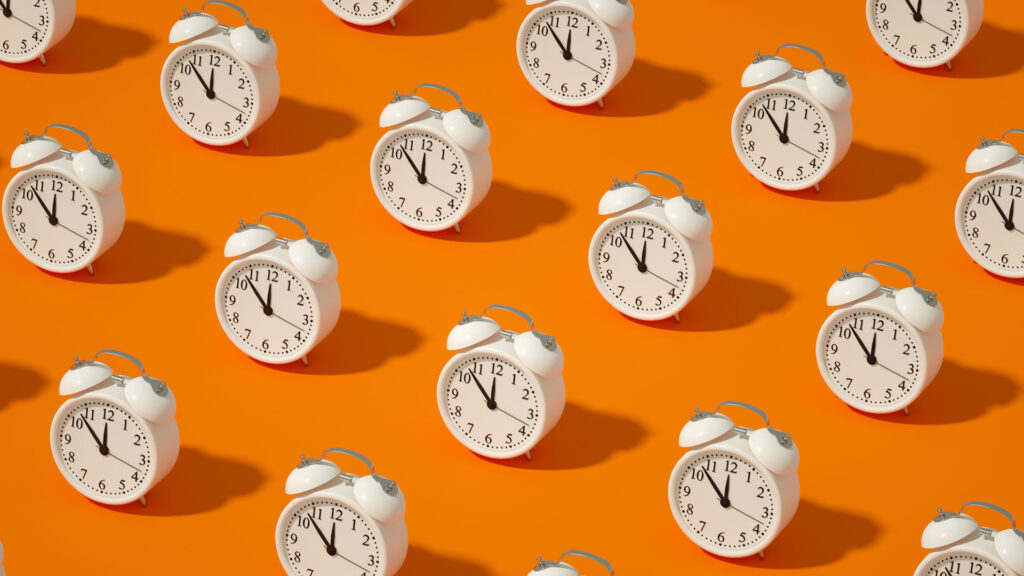 Related Article
Related Article
Two-Year CDs Are a Secret Goldmine Right Now, Here’s Why
Recommended Short-Term CD
CIT Bank Term Certificates of Deposit
- Our Rating 3.5/5 How our ratings work
- Minimum
Deposit Required$1,000 - 1 Year APY0.30%
Annual Percentage Yield is accurate as of March 31, 2023. Interest rates for CIT Bank's term CDs are variable and subject to change at any time without notice
- 3 Year APY0.40%
Annual Percentage Yield is accurate as of March 31, 2023. Interest rates for CIT Bank's term CDs are variable and subject to change at any time without notice
- 6-Month APY5.00%
Annual Percentage Yield is accurate as of March 31, 2023. Interest rates for CIT Bank's term CDs are variable and subject to change at any time without notice
Many banks that offer CDs require customers to commit to lengthy terms of several years or more in order to earn the highest interest rates available. However, with CIT Bank's term CDs, the opposite is true. To get the best rates at CIT, you'll need to open one of its shorter-term CDs, such as its 6-month CD that pays 5.00% APY. If you want an easy way to save more money without having to wait years, CIT Bank's term CDs are a solid option.
Overview
If you’re looking for a dependable way to earn interest on your money in the short term, CIT Bank’s certificates of deposits may be an excellent choice for you. However, those looking to open a long-term CD may be better off looking elsewhere.
Pros
- Strong rates for 13- and 18-month terms
- FDIC insured
Cons
- Rates for longer terms unimpressive
Bottom Line
No one has a crystal ball with regard to the economy or what the Federal Reserve will decide to do next. But if the Federal Reserve does increase its benchmark rate again to fight inflation, banks will likely increase the CD rates they offer to customers in response.
If you lock in a fixed rate on a long-term CD now, you might miss out on a better opportunity to earn more interest on your money in the not-so-distant future. Choosing a short-term CD, however, could help you earn more money on your savings for the time being while maintaining the flexibility to lock in a higher rate on a long-term CD when (and if) those opportunities become available.
